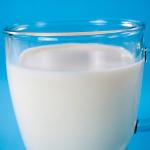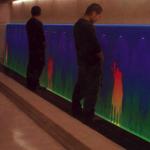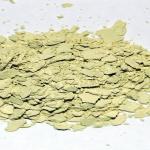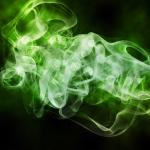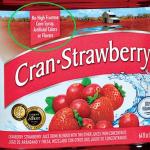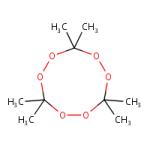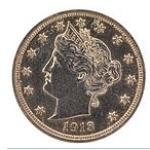Food fraud is a substantial problem.
Chemicals & Chemistry
Reprinted by permission of McGill University Office for Science and Society.
###
Reprinted by permission of McGill University Office for Science and Society.
###
I lack the art gene. While other people can spend hours in a single room at the Met or MOMA, after five minutes I'm thinking about ways to light myself on fire. I just don't get art.
Reprinted by permission of McGill University Office for Science and Society.
###
I remember the days when a restaurant's seating host would ask, "Smoking or non-smoking?" As if it mattered. The two sections were usually separated by a flimsy little divider that didn't even stretch to the ceiling.
Ocean Spray, the company that makes several popular cranberry juice drinks, is battling a class-action lawsuit brought by two plaintiffs who claim to be representing just about every living, breathing human in the United States1.
Remember the hullabaloo over the Flint water crisis?
A Florida man (who else?) has been arrested for making a particular explosive, which has been given the not-so-subtle nickname "Mother of Satan." What is it?
